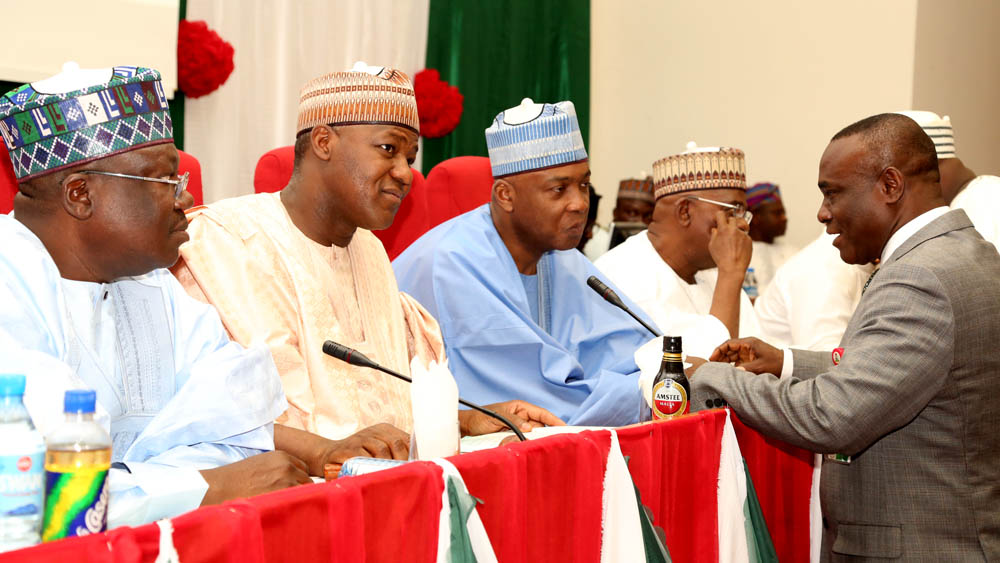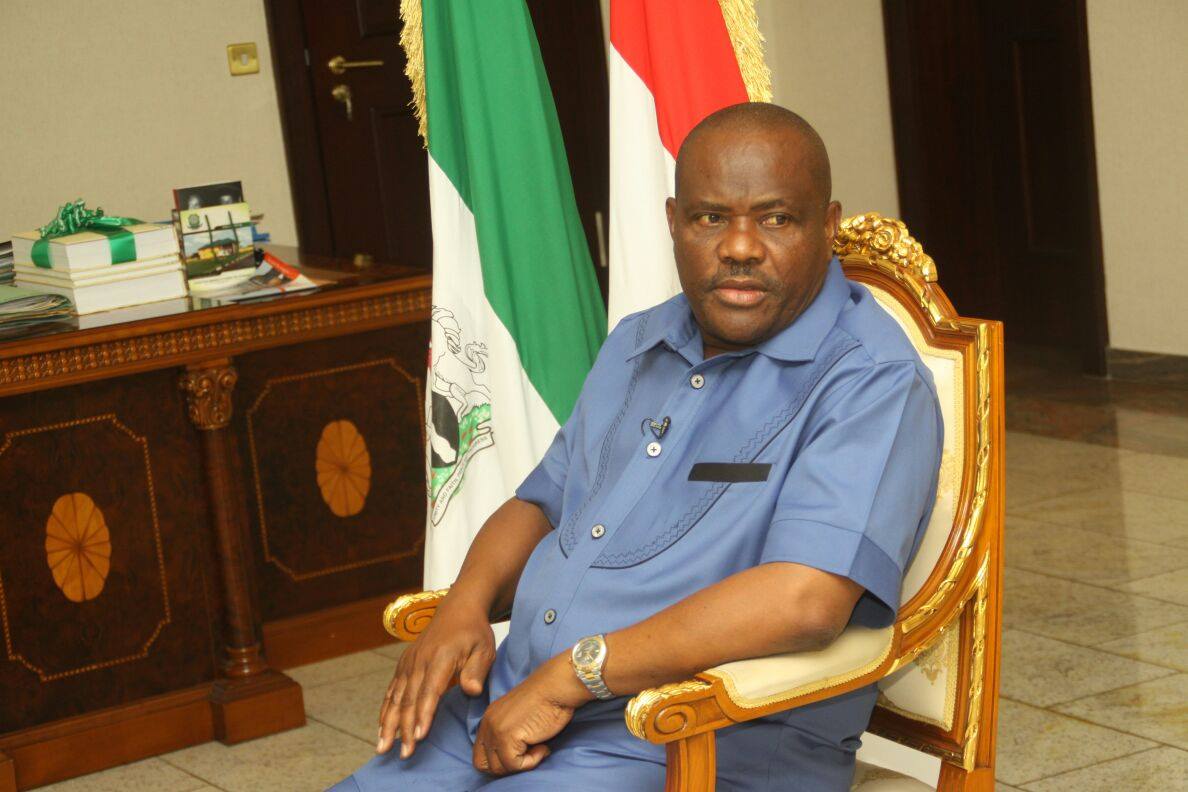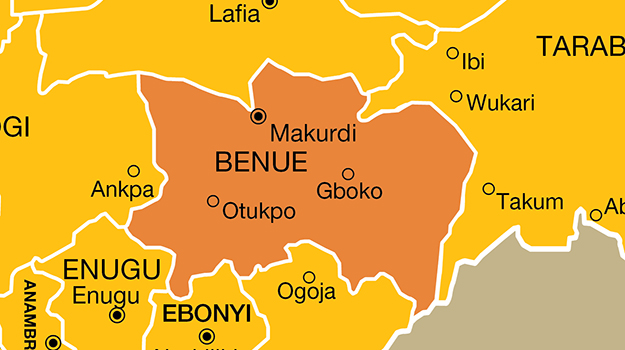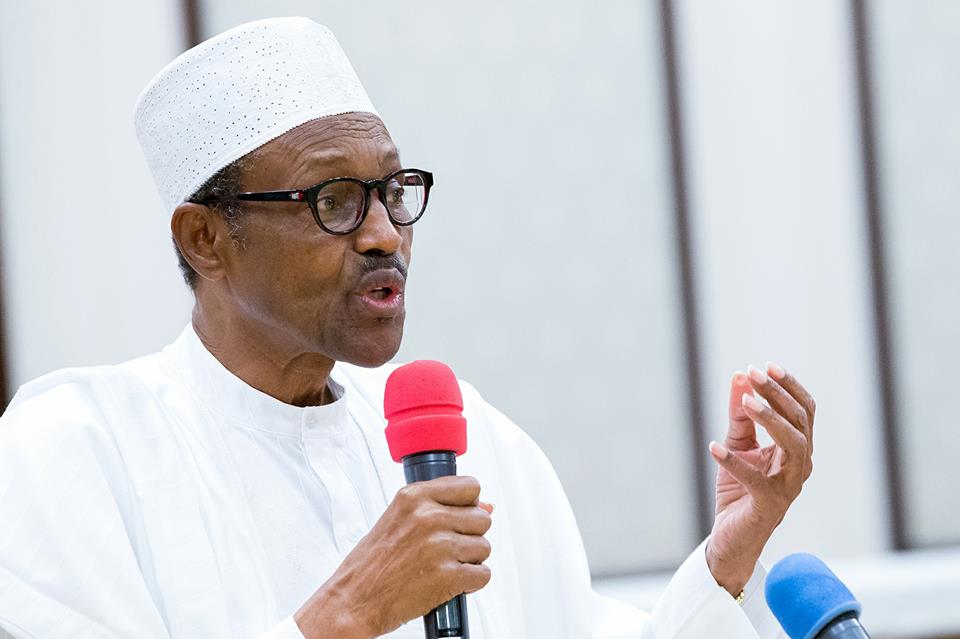Ebun Bamgboye, clinical director, St. Nicholas Hospital, says Nigerians who seek medical treatment abroad spend at least $1 billion every year
According to Habib Balogun, spokesman of Leap Communications, Bamgboye said this at a programme which Bridge Clinic and Pathcare, held in Lagos.
Bamgboye said medical experts used the occasion to canvass a healthcare revolution, urging public and private sector institutions to come together to radicalise the health sector in Nigeria and ensure it is fit for purpose.
He said patronage of medical facilities within the country will allow resources used for foreign medical tourism to be ploughed into developing medical infrastructure and manpower in the country.
Advertisement
Yemi Johnson, founder, first Cardiology Consultants, was among the panelists at the programme, which was moderated by Richardson Ajayi, chief executive officer, The Bridge Clinic, with Oluyomi Abayomi Finnih, chief medical director, Finnih Medical Centre as chairman.
“Our leaders take solace in the fact that they, unlike the rest of us, can always fly abroad at public expense for their medicals and leave us here without the ability to receive blood transfusion,” Bamgboye said.
“India is attractive because of its experience in high technology especially in diagnostics and also for the relatively lower cost of treating patients. Nigerians go there for cancer, spinal cord, plastic and neuro-surgery as well as fertility and transplant tourism.”
Advertisement
He identified the problem associated with renal transplantation in Africa as manpower, facilities, literacy level, poverty, lack of access to transplantation centres, lack of dialysis facilities and other infrastructure and quality and safety issues.
Bamgboye lamented that even where there were adequate facilities and well-trained personnel at home, privileged Nigerians still prefer to travel abroad for medical care.
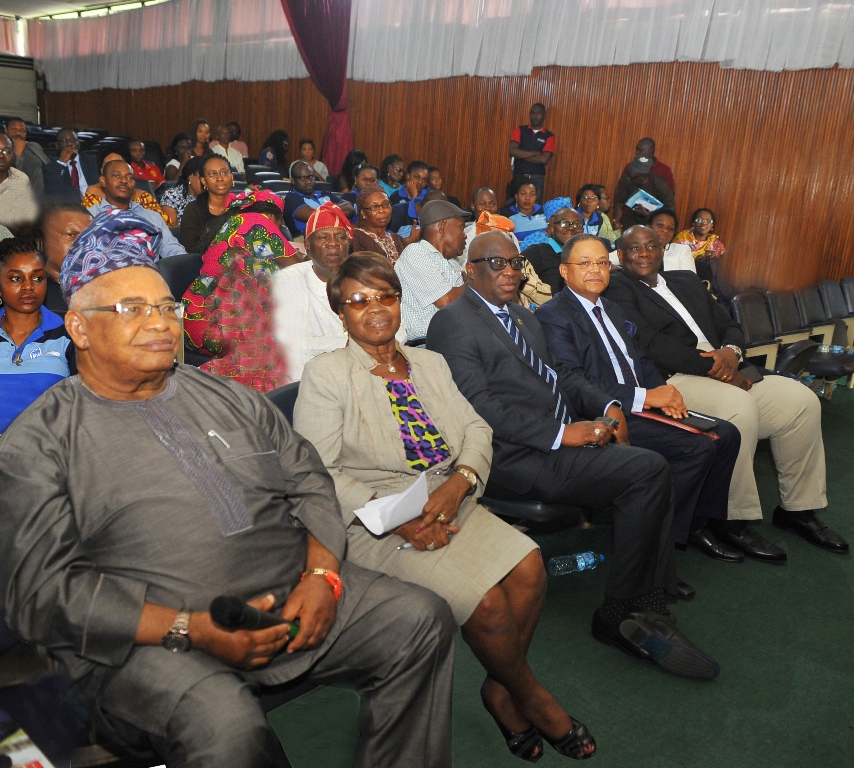
“The reasons range from showing off their elevated status and wealth, to the lack of trust and confidence in the Nigerian healthcare delivery system,” he said.
Advertisement
“Moreover, those occupying public offices are entitled to free or government-sponsored medical care, so they opt for foreign hospitals as a way of wasting the country’s scarce resources. After all they will not spend their hard-earned money.”
Johnson, on his part said it was high time Nigeria upgraded its skill-base as a nation.
He also noted that registration of products was cumbersome and expensive and government policies were confusing and oftentimes counter-productive.
“Patients who go abroad for cardiovascular related diseases such as routine health check, hypertension, heart failure, stroke, arrhythmias, angina, coronary artery disease, valvular heart disease and so on; do so because of the poor infrastructure and non-availability of high-tech equipment, shortage of manpower and medical supplies,” he said.
Advertisement
“Medical tourism started with patients from the developed world seeking high quality less expensive medical care in less developed countries.”
Ajayi said for Nigeria’s healthcare to be fit for purpose, more needed to be done in the areas of quality management, customers’ surveys, effective complaints management and patient reported objective measures.
Advertisement
He added that Nigeria would only thrive when the right personnel were put in place to run the healthcare system and that a lot needed to be done to improve the health structures and institutions.
Advertisement


